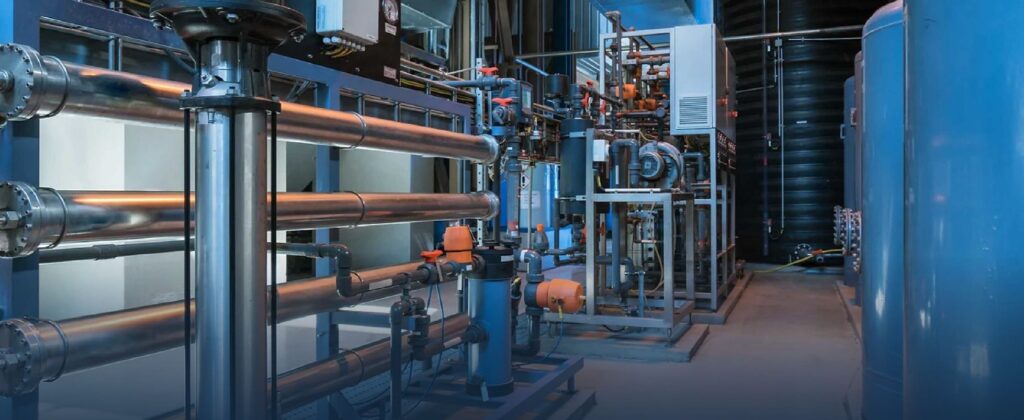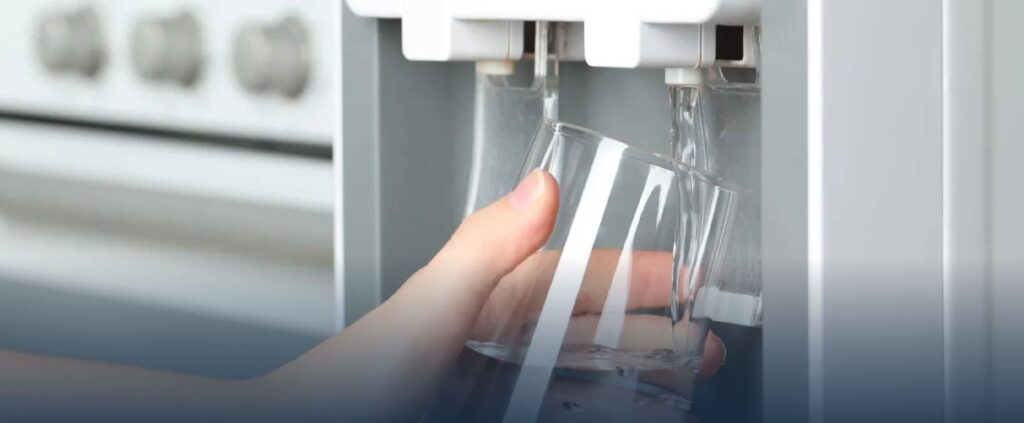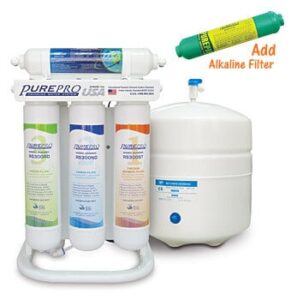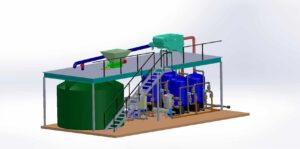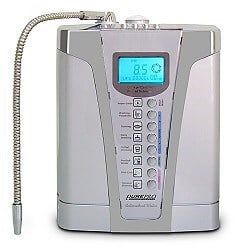~ RESIDENTIAL & RURAL SOLUTIONS ~
Disinfection
Ozone and Ultraviolet disinfection are fast gaining popularity as alternative chemical-free disinfectants for private water supplies, swimming pools and various other applications. The use of chlorine (Cl2) as a water disinfectant has come under scrutiny because of its potential to react with natural organic matter (NOM) and form chlorinated disinfectant by-products (DBPs). If the levels of disinfection by-products are not controlled, they may pose a risk to your health.
Neither ozone nor ultraviolet disinfection results in any harmful disinfectant by-products and residual ozone will quickly decompose back to oxygen. This makes both disinfection methods ideally suited for applications where allergens are of concern. The formation of chloramines and halomethanes can impact the health of workers who work in environments where Bromine or Chlorine are used as disinfectants.
Ozone generators produce ozone by adding energy to oxygen molecules (O2), which causes the oxygen atoms to part ways and temporarily recombine with other O2 molecules creating ozone (O3).
Ozone is a proven, powerful way to eliminate microorganisms, effectively and quickly killing viruses and bacteria including E.coli and Listeria. Ozone is 3000 times more germicidal than chlorine. 0zone effects on pathogens.
When bacteria, viruses and protozoa are exposed to the germicidal wavelengths of UV light, they are rendered incapable of reproducing and infecting. In addition, UV light (either alone or in conjunction with hydrogen peroxide) can destroy chemical contaminants such as pesticides, industrial solvents, and pharmaceuticals through a process called UV-oxidation. Both disinfection methods are also used in the treatment of wastewater. High COD and BOD content can impact the efficacy of ozone treatment, and pre-treatment or alternative methods may be more effective. UV disinfection is less effective when total dissolved solids in water are at elevated levels. In residential applications, a 5- 10 micron sediment filter is recommended prior to disinfection.
Neither ozone nor UV disinfection has a residual effect and hence will not continue to disinfect the water in the supply network. This needs to be taken into consideration when making a decision on whether primary disinfection is enough.


